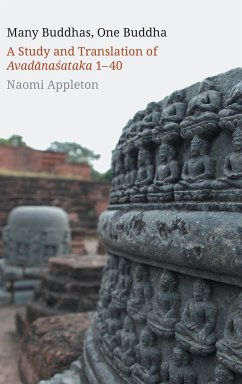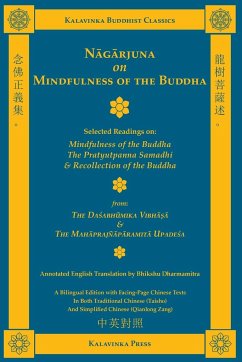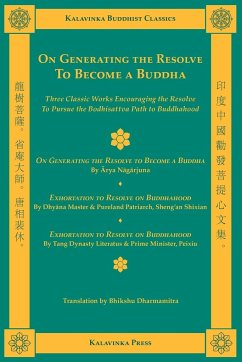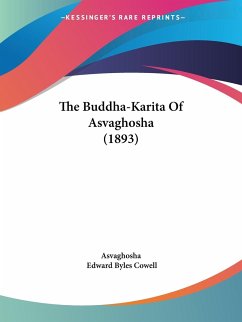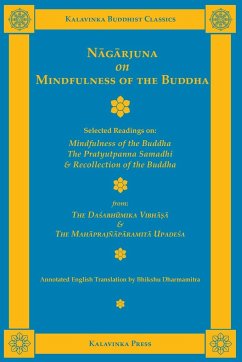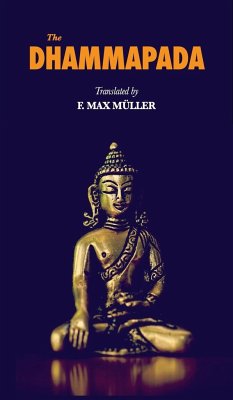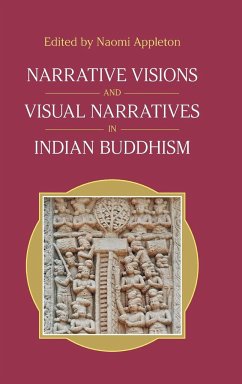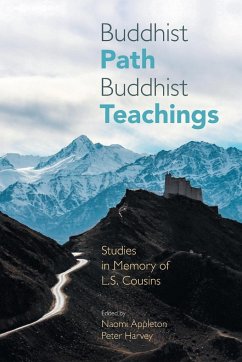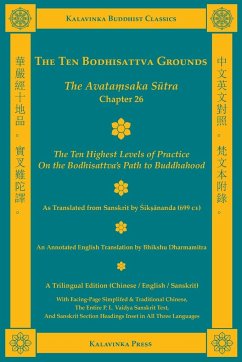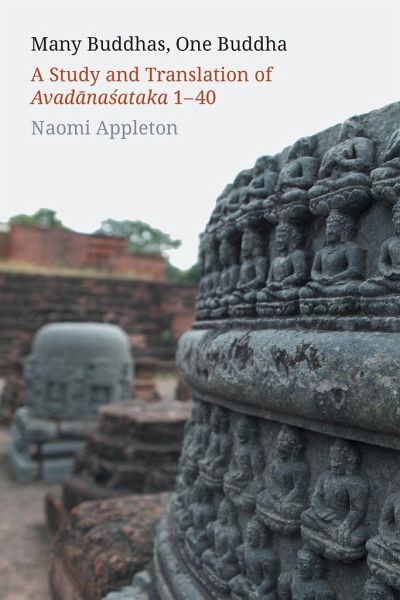
Many Buddhas, One Buddha
A Study and Translation of Avad¿na¿ataka 1-40

PAYBACK Punkte
18 °P sammeln!
Many Buddhas, One Buddha introduces a significant section of the important early Indian Buddhist text known as the Avad¿näataka, or "One Hundred Stories", and explores some of its perspectives on buddhahood. This text, composed in Sanskrit and dating to perhaps the third to fifth centuries of the Common Era, is affiliated with the Sarv¿stiv¿da or M¿lasarv¿stiv¿da, and thus provides important evidence of the ideas and literatures of lost non-Mah¿y¿na schools of Indian Buddhism. The text is a rich literary composition, in mixed prose and verse, and includes some elaborate devotional pas...
Many Buddhas, One Buddha introduces a significant section of the important early Indian Buddhist text known as the Avad¿näataka, or "One Hundred Stories", and explores some of its perspectives on buddhahood. This text, composed in Sanskrit and dating to perhaps the third to fifth centuries of the Common Era, is affiliated with the Sarv¿stiv¿da or M¿lasarv¿stiv¿da, and thus provides important evidence of the ideas and literatures of lost non-Mah¿y¿na schools of Indian Buddhism. The text is a rich literary composition, in mixed prose and verse, and includes some elaborate devotional passages that illuminate early Indian perspectives on the Buddha and on the role of avad¿na texts. The book introduces the first four chapters of the Avad¿näataka through key themes of these stories, such as predictions and vows, preparations for buddhahood, the relationship between ¿¿kyamuni and other buddhas, and the relationship between full buddhahood and pratyekabuddhahood. The study of these stories closes with an argument about the structural design of the text, and what this tells us about attitudes towards different forms of awakening. The second part of the book then presents a full English translation of stories 1-40. From tax-dodging merchants, to monks fretting about their sewing skills, the stories offer a rich and entertaining slice of Indian Buddhist literature and teaching.



